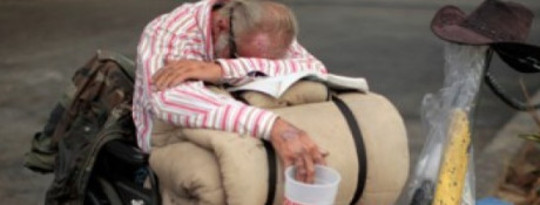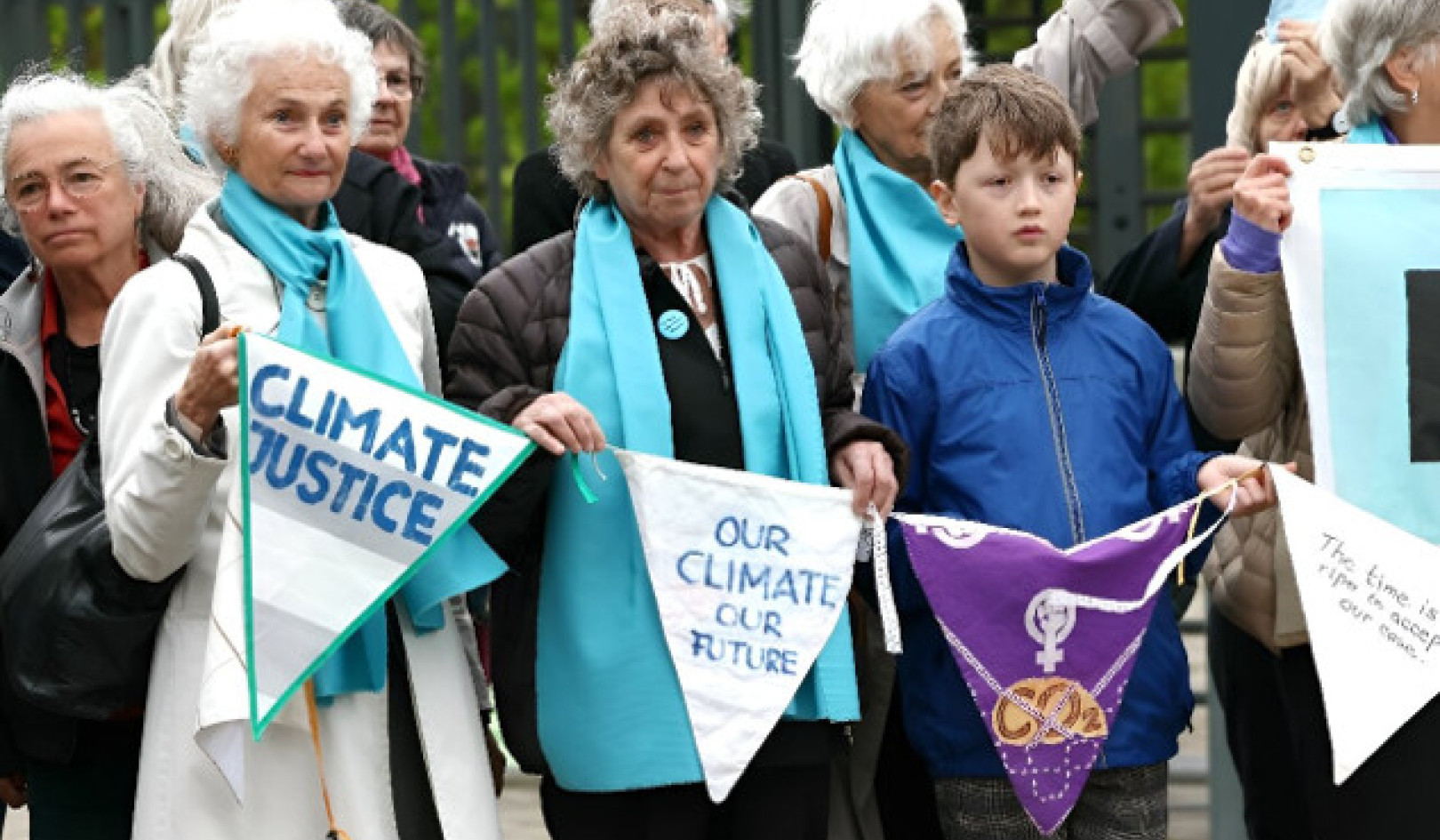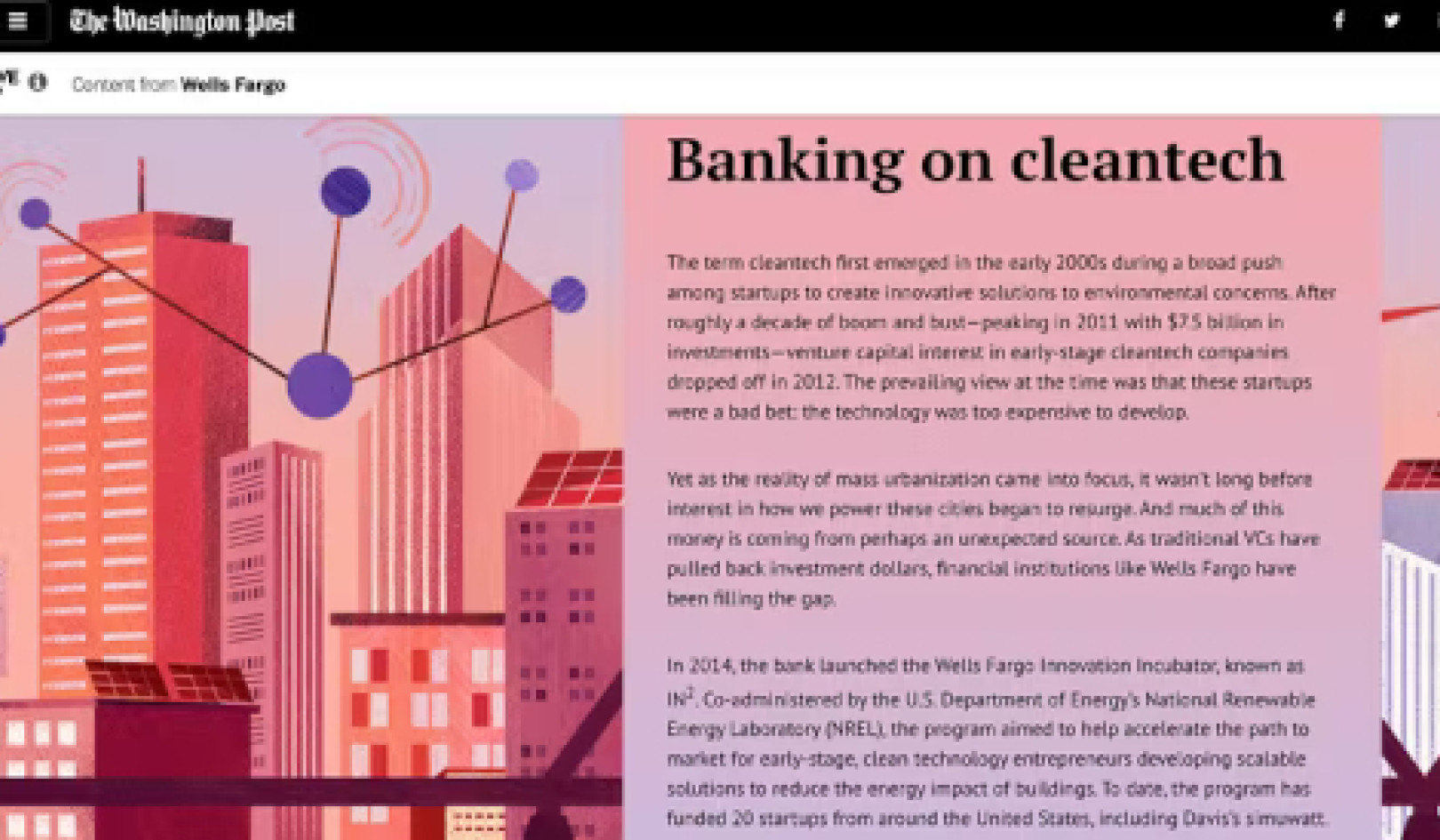
What must be understood is that mental bandwidth is a limited resource which is used for everything. So what happens if we can make some things, like banking, easier for the poor ?
Okonkwo, the protagonist in Chinua Achebe’s Things Fall Apart, is faced with a tragic paradox: he aspires to become the lord of his clan, but fails because his “chi [personal god] said nay despite his own affirmation” - an irony that is very real for much of the world’s poor who feel constantly challenged by a system that seems rigged against them.
As the gap between the haves and the have-nots keeps increasing, the opportunities start shrinking as well, and as Joseph Stiglitz once observed, this creates new distortions “undermining efficiency and hurting the nation in the long run”. It is pointless, Amartya Sen might well argue, to try lifting millions of poor people above a notional poverty line without effectively providing them with meaningful opportunities that can allow them to pursue the things they value in order to live a flourishing life, and to live it with dignity.
While the near impossibility of manoeuvring an exit from poverty seems menacing for the poor, the better off amongst us consider the poor to be either lazy (which is actually why they are poor) or careless as they make unwise decisions. We are quick to castigate the worst off for the bad choices they make in life, because apparently, it is these that lead them to becoming or staying poor. This presupposes that poor people have unimpeded access to the right opportunities, and are in the right position to make wise choices.
So, do the poor choose badly, or is impaired decision-making actually a result of something else, such as the context that the poor inhabit? And how might an understanding of this particular phenomenon improve our policy approaches towards poverty alleviation?
The Poverty Trap
Poverty in its extremes is tragically self-perpetuating. The poor are trapped in vicious social contexts where scarcity, oppression and status hierarchy lead to estrangement and disease affecting them both mentally and physically, and these in turn render people poorer and more marginalized than ever before.
With pressing realities of everyday existence constantly demanding poor people’s attention, which is most often focused on satisfying immediate hungers, it becomes difficult to break free from the cycle of poverty, or to think for the long-term, and for this reason, decision-making becomes problematic in such contexts.
Also, people have to be capable of choosing wisely, and be suitably placed to do so. Therefore, context is key to how we make decisions, and how well we make them.
A recent study explores this further to explain why people who happen to be in poverty may be choosing badly: It is to do with the reduced mental bandwidth available for people under stress. The state of being poor itself, being highly stressful, constrains a person’s mental capabilities from making wise choices, and from effectively converting opportunities into desired ends or outcomes. The study, Poverty Impedes Cognitive Function by Harvard economist Sendhil Mullainathan along with Anandi Mani (Warwick), Eldar Shafir (Princeton) and Jiaying Zhao (UBC) helps us to comprehend a different dynamic that is characteristic of decision-making among people living in poverty.
One might argue that bad decision-making is not exclusive to poor people, because the human brain is fallible, and is not always guided by perfect logic. Rich or poor, we are all perfectly and ‘predictably irrational’, as psychologist Dan Ariely would have us believe. This has been the logic behind paternalistic policy interventions, such as, mandatory seatbelts for drivers or default options in pensions, where the State stands justified in impinging on our personal or individual freedoms to put us out of harm’s way.
So, if we are all prone to making irrational judgments and bad decisions, why are poor people alone chastised for theirs? Are the poor more susceptible to bad decisions than their rich counterparts, or is the magnitude of the impact of such decisions larger in the case of the poor, often with grave implications?
Scarcity And Its Impact
To test this assumption, the researchers conduct a series of laboratory and field experiments and find out that poverty exerts a huge cognitive load on individuals. It taxes their mental bandwidth whenever they think about financial problems. The poor, with impending worries about finances suffocating their minds, end up with “less effective bandwidth” while making important decisions, thus often choosing badly.
Mullainathan and Shafir, exploring the theme further in a book (Scarcity: Why having too little means so much), emphasize that anyone facing a situation of scarcity (of any kind) is prone to bad decisions, and define poverty in terms of “the gap between one’s needs and the resources available to fulfil them”. While the stress caused by tight deadlines is beneficial and makes one focus, this does come at a price. Scarcity focuses our attention making us neglect everything else, even things we value, by creating a “tunneling effect”, taxing our cognitive bandwidth, and inhibiting our “most fundamental capabilities”.
In the specific case of poor people who may be moving in and out of extreme poverty or experiencing scarcity repeatedly, the tunneling effect can prove to be disastrous with potential long-term effects. This tunneling is the equivalent of tunnel vision where everything inside the tunnel is in sharp focus while excluding everything else outside the tunnel, making us blind even to things of possible importance. However, what gets impaired is not the inherent capability, but really how much of that capability is available at the time of making decisions. The size of the impact of such scarcity could be equivalent to losing about 13 IQ points, comparable to being drunk behind the wheel!
Tests With Sugarcane Farmers
The field experiments, done in collaboration with IFMR Lead (formerly IFMR Research), Chennai, takes the researchers to Thanjavur in South India to study the cognitive variations in sugarcane farmers who experience cycles of poverty annually, poor before and rich after harvest. Through a series of intelligence quotient tests done pre- and post-harvest, more specifically, before and after receiving payment for produce, the study finds that the average number of errors committed by farmers were more before harvest than after. The farmers faced greater financial pressures pre- than post-harvest, reflected in the fact that they pawned more items or had more loans before harvest. This financial stress led to diminished cognitive capacity as evident in the tests, thus, suggesting “a causal, not merely correlational, relationship between poverty and mental function”.
The study ends up offering a different perspective to the aspect of fallibility of human behaviour under stressful conditions (applicable to both the rich and the poor) by explaining it in terms of scarcity of cognitive resources and tunneling effect. The stress owing to present needs blanks out the significance of decisions that could have far-reaching implications, namely future benefits.
Implications For Policy
Viewed from a policy perspective, it becomes important to recognize the “cognitive taxes” imposed on the poor during well-intentioned government interventions. Changing rules and regulations, lengthy application forms, or complex incentives are all impediments for the poor accessing welfare programmes.
The timing of these interventions must also be well thought out to account for variations in one's cognitive capacity, as in the case of sugarcane farmers in Tamil Nadu, pre- and post-harvest. A 2011 study published in the American Economic Review revealed that farmers made better decisions right after harvest regarding the use of fertilizers, thus enjoying higher returns.
What must be understood is that mental bandwidth is a limited resource which is used for everything, and if we can make some things like banking easier for the poor, as psychologist Eldar Shafir says in an interview, “the most important change may not be in their finances, but in their parenting, because you’ve liberated some bandwidth for other things.” The finding of this study is extremely pertinent as it can be applied to any context where people are constantly experiencing scarcity, and where pressing monetary concerns of the present thwart any possibility of thinking for the long-term, whether in terms of savings or insurance or planning for children’s future. It is not just money that is scarce, but also critical cognitive resources.
What the poor truly need is access to enabling environments that can empower them to be the architect of their own lives, and to make decisions that are right for them. Policy interventions ought to expand poor people’s opportunity sets by freeing up rather than taxing their cognitive capacities. This can help the poor make the best decisions they can to effect the best outcomes possible.
About The Author
Sumithra Prasanna is a nonprofit consultant and a media and communications specialist.
This article originally appeared on OpenDemocracy.























